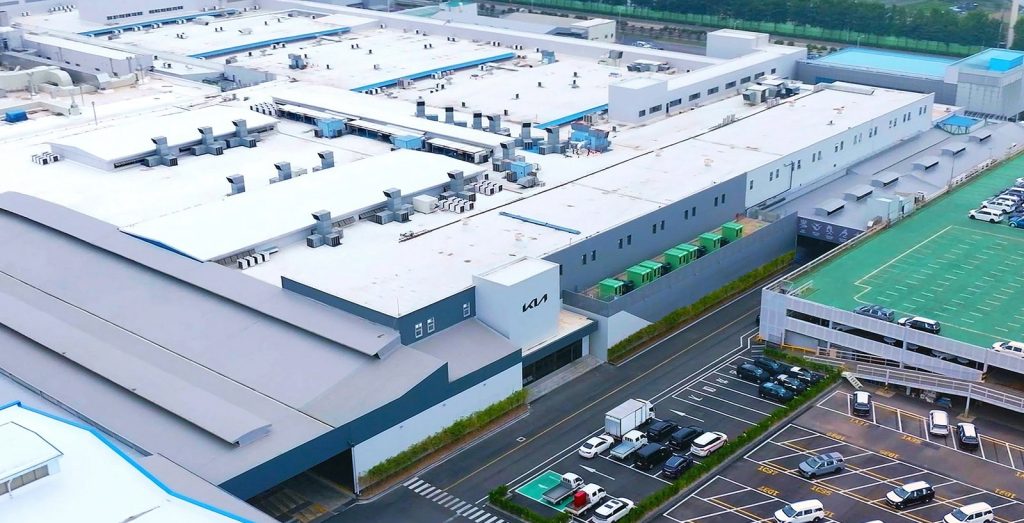
As some of the biggest names in the auto industry pull back on their electric vehicle (EV) plans, Kia is stepping up with a bold strategy to dominate the EV market. Recent shifts by automakers like Ford, GM, and Volkswagen have seen them dial down their EV ambitions citing challenges like rising costs, slower consumer adoption, and supply chain issues. But instead of retreating, Kia is seizing the opportunity to strengthen its position and gain a significant edge in the competitive landscape.
Building for Scale: Kia’s EV-Only Plant
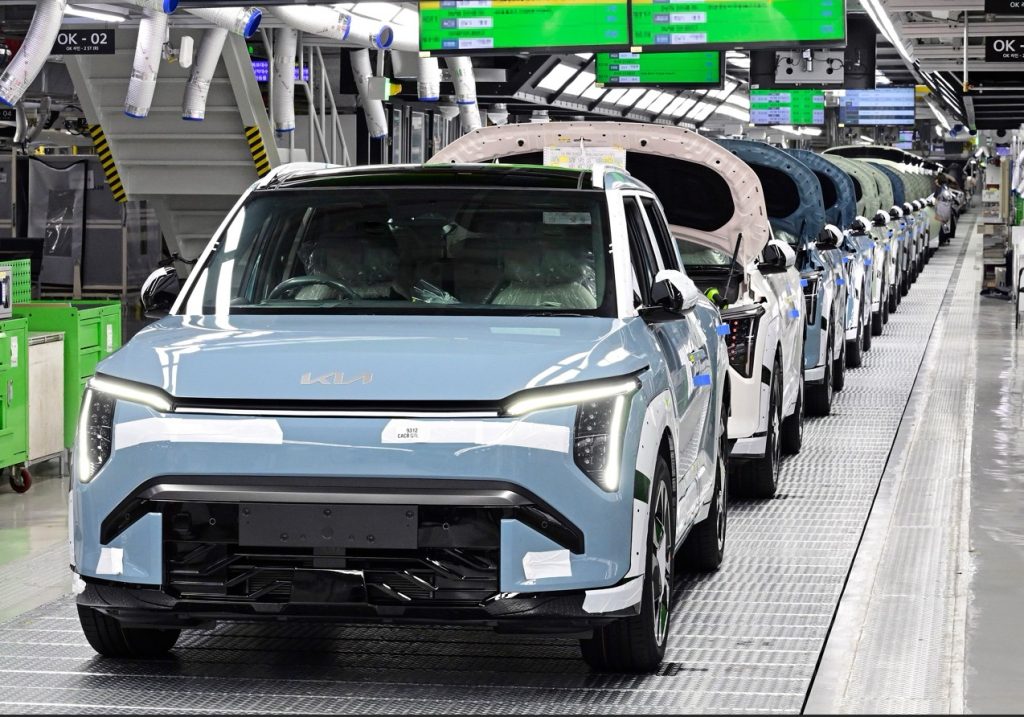
One of the most significant moves Kia has made is opening its first EV-only plant in Gwangmyeong South Korea, a strategic decision that sets it apart from its competitors. The new facility, capable of producing 150,000 units annually, marks a focused investment in electric mobility and is expected to help Kia deliver on the promise of scale. The new EV3 and EV4 models will roll out from this factory, and the company is eyeing an ambitious ramp-up in production in the coming years.
Unlike many auto manufacturers that share production lines between internal combustion engine (ICE) vehicles and EVs, Kia’s dedicated plant allows for improved efficiencies, streamlined processes, and cost reductions. This focus on specialized EV production lines means less disruption, better resource allocation, and ultimately a higher output of affordable EVs.
Innovative Partnerships: Lowering Costs to Stay Competitive
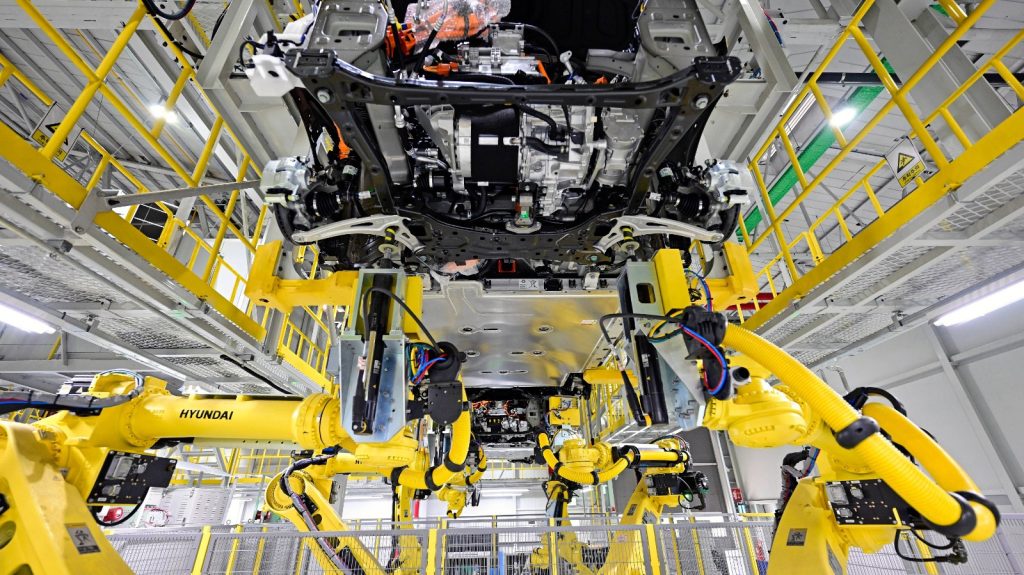
Kia isn’t stopping at production scale; the company is working closely with Hyundai to develop lithium iron phosphate (LFP) batteries—a more affordable alternative to the nickel-based versions often used in EVs. LFP batteries are not only cheaper to produce, but they’re also safer and have a longer lifespan, aligning perfectly with Kia’s goal of delivering cost-effective yet advanced EV options.
By reducing the cost of battery production and keeping the price of their electric models competitive, Kia aims to address one of the biggest hurdles in mass EV adoption: affordability. With consumers looking for alternatives to increasingly expensive ICE and hybrid vehicles, Kia’s strategy to lower costs and still deliver cutting-edge technology is a game-changer.
Challenging ICE and Hybrids with a Competitive Edge
Kia’s aggressive approach places them in a unique position to offer electric cars that can genuinely compete with ICE and hybrid models in terms of both performance and price. This strategic differentiation comes at a time when several competitors have taken a more cautious route, opting to reduce investments and delay launches in the EV space. While others are pumping the brakes, Kia is hitting the accelerator, not just keeping up with the market but aiming to overtake.
The focus on R&D, coupled with a dedicated EV assembly line and plans to scale production quickly, shows Kia’s confidence in the future of electric vehicles. Their upcoming models are designed to bring the latest technology at a lower cost—effectively bridging the gap for consumers who are still on the fence about switching from traditional vehicles.
The Future Is Kia: Positioning for Dominance
With their first EV-only plant now operational, Kia is positioning itself as a future leader in electric mobility, one that can step in where others have left a void. By strategically combining advanced R&D, a dedicated production facility, and innovations like cost-effective LFP batteries, Kia is setting the stage to deliver affordable, quality EVs that can rival and potentially beat the competition.
As big names re-evaluate their EV strategies, Kia’s moves signal that they’re ready to pick up the pieces and set the pace for the future of electric vehicles. It’s a bold bet, but if they succeed, Kia may well find itself at the forefront of a shifting automotive landscape.
Kia’s dedicated EV push, and strategic cost-reduction efforts, could be the recipe for success as the auto industry continues its shift towards electrification. By filling the gaps left by other automakers scaling back, Kia isn’t just playing catch-up, they’re positioning themselves to lead.
If Kia’s strategy resonates with consumers, the company could be in prime position to outpace more hesitant competitors, potentially redefining the future of EVs as we know it.


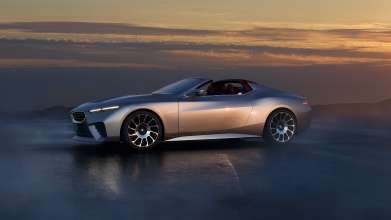
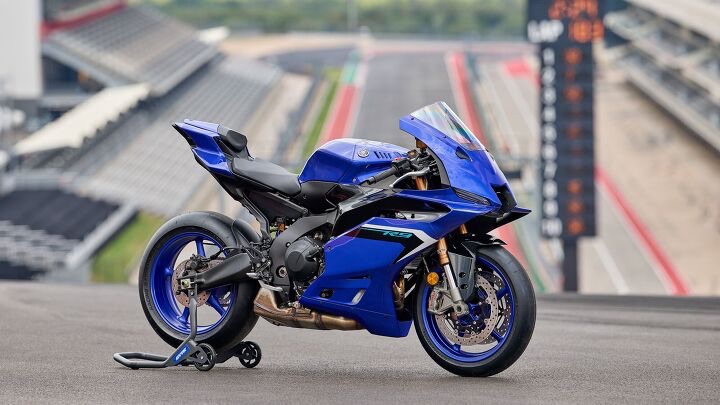
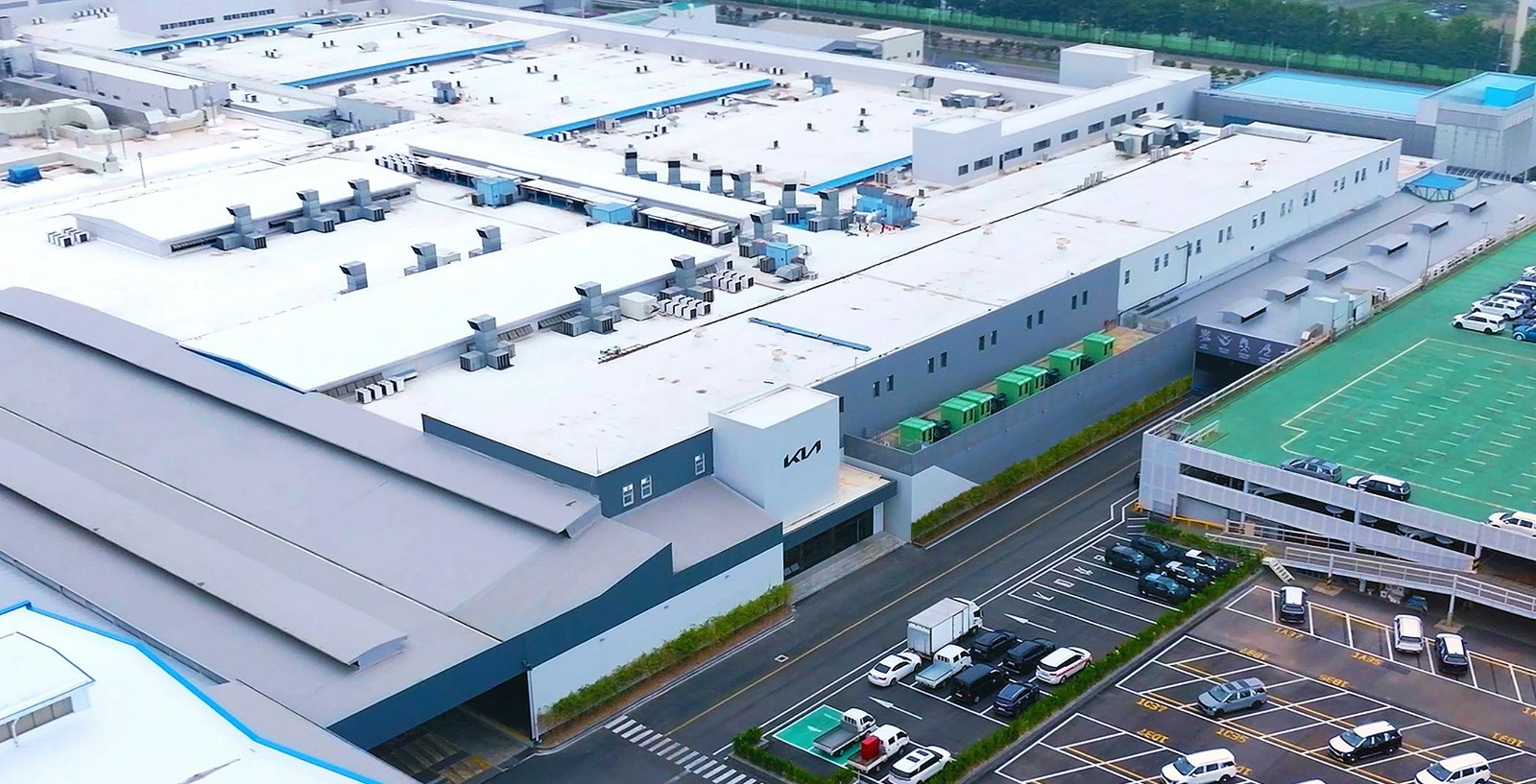
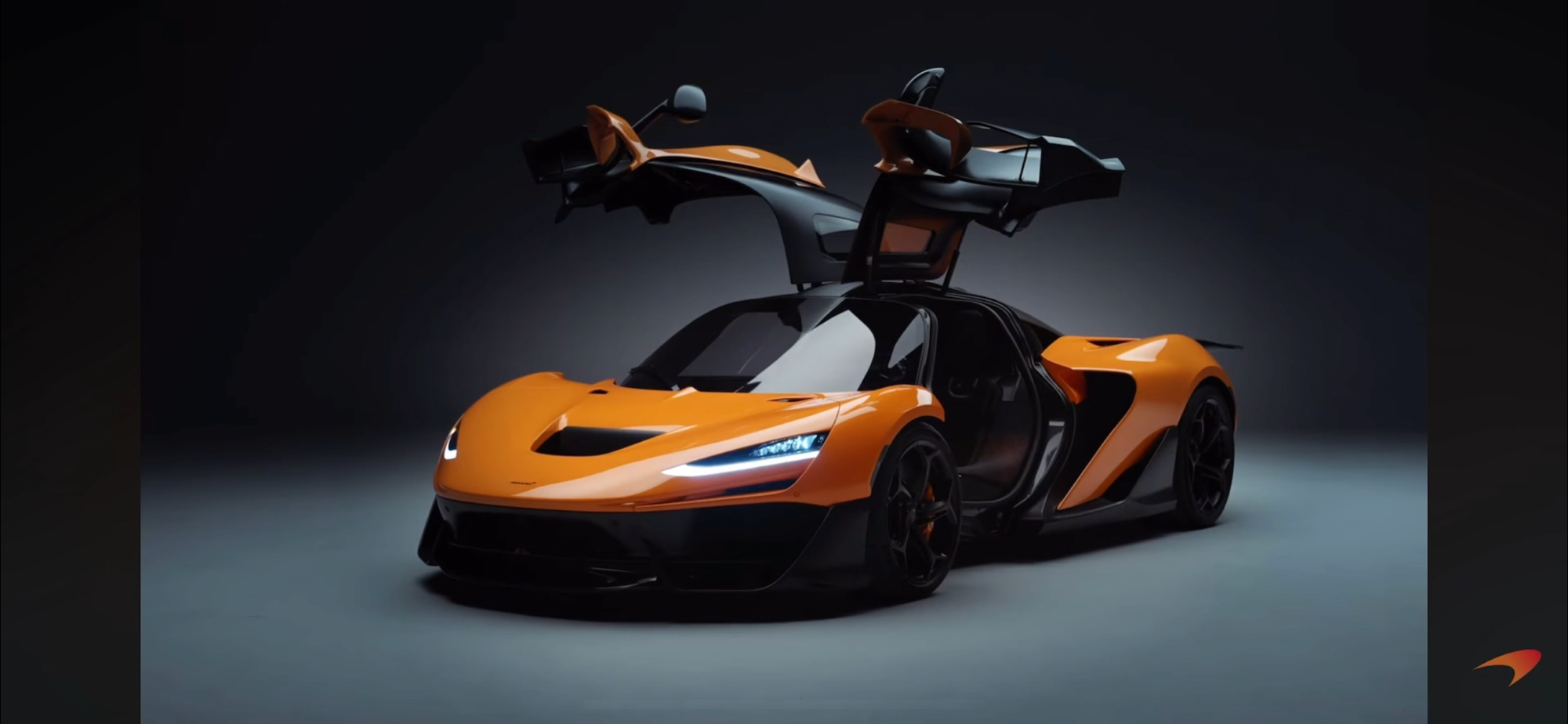
Leave a Reply